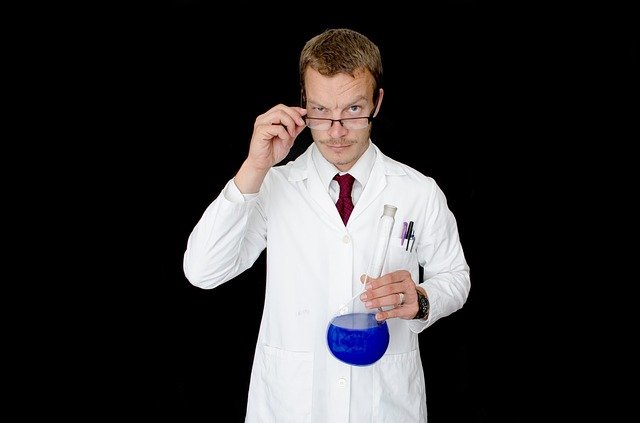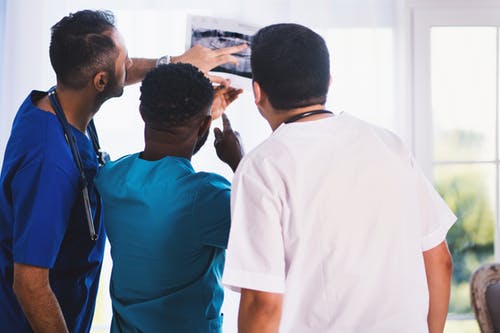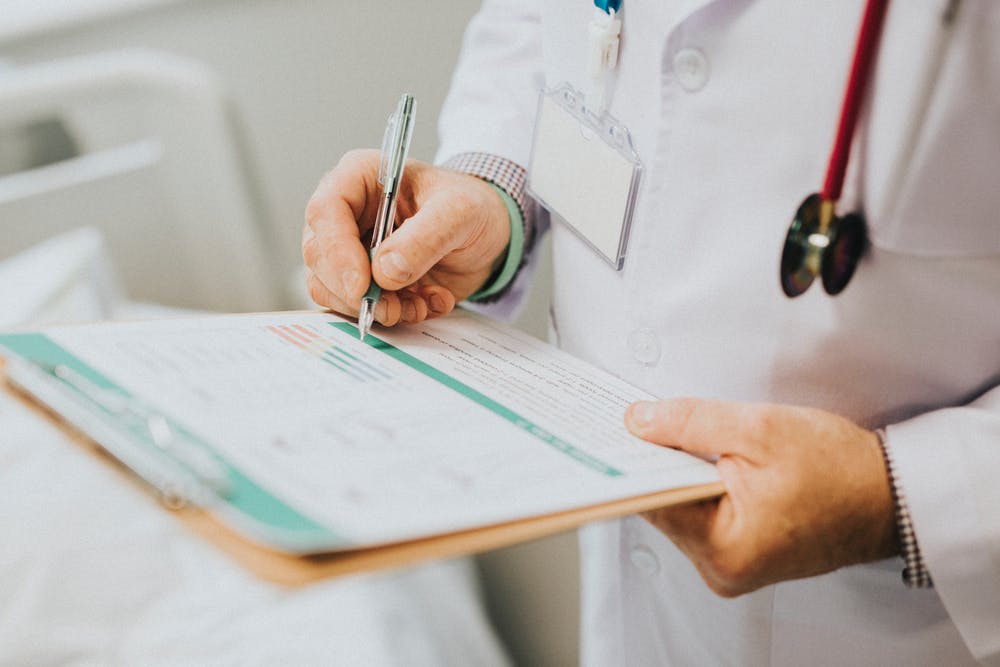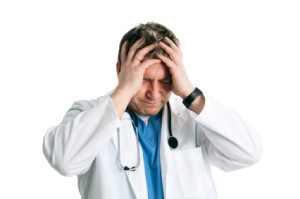The medical profession is a stressful one, but one which also requires trust between the patient and the doctor.
The stress of constant long hours of surgery and consultation could push a doctor towards drug abuse or alcoholism, such that he/she gets addicted. And for doctors, it is easy to get addicted to drugs because they are readily accessible to them.
Therefore, for doctors who require that their patients trust them, it may be difficult to seek addiction treatment.
They may wonder if they can still trust their judgment regarding their work and also be scared of public perception or getting ousted from work. For these reasons addicted doctors may postpone or avoid treatment, not wanting to be absent from work.
Executive rehab programs seek to solve the hurdle faced by addicted doctors in their search for treatment. These are programs tailored towards top professionals such as doctors, taking into consideration their individual needs concerning work, personal life and treatment.
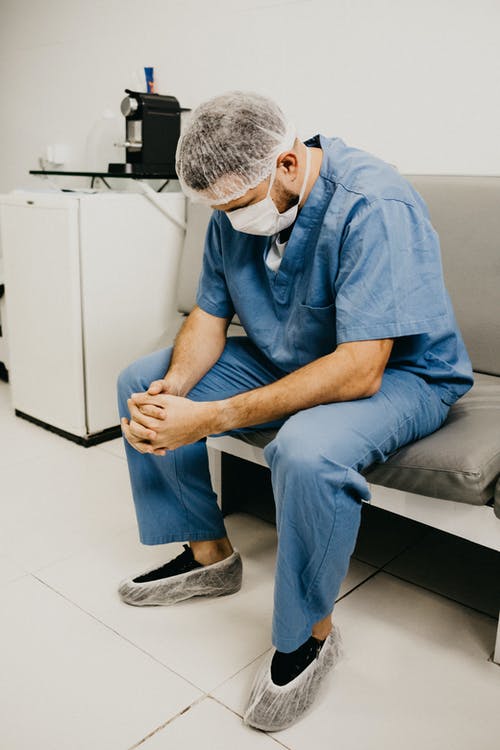
Executive rehabs are of very high standards, equipped with highly professional staff and top-notch facilities.
More importantly, executive rehabs are designed for addicted individuals who still have to work while receiving treatment, such as doctors.
These programs provide a very flexible schedule that leads an addicted doctor to sobriety while ensuring that their work-life is not lagging. It gives doctors access to their phones, computers to work and communicate for work-related purposes.
Also, for doctors who are respected in society, public perception or judgment is a major in seeking addiction treatment.
But executive rehabs are of high discretion because they recognize the prestige of their clients and seek to protect their image or status in society. These programs protect the privacy of addicted doctors from public scrutiny.
Lastly, executive rehabs provide addicted doctors a standard treatment facility with pools, spas, specialty meals, as doctors often eat selected food. Therefore, for an addicted doctor who has accepted his/her addiction, executive rehabs are the right place to seek proper treatment.

